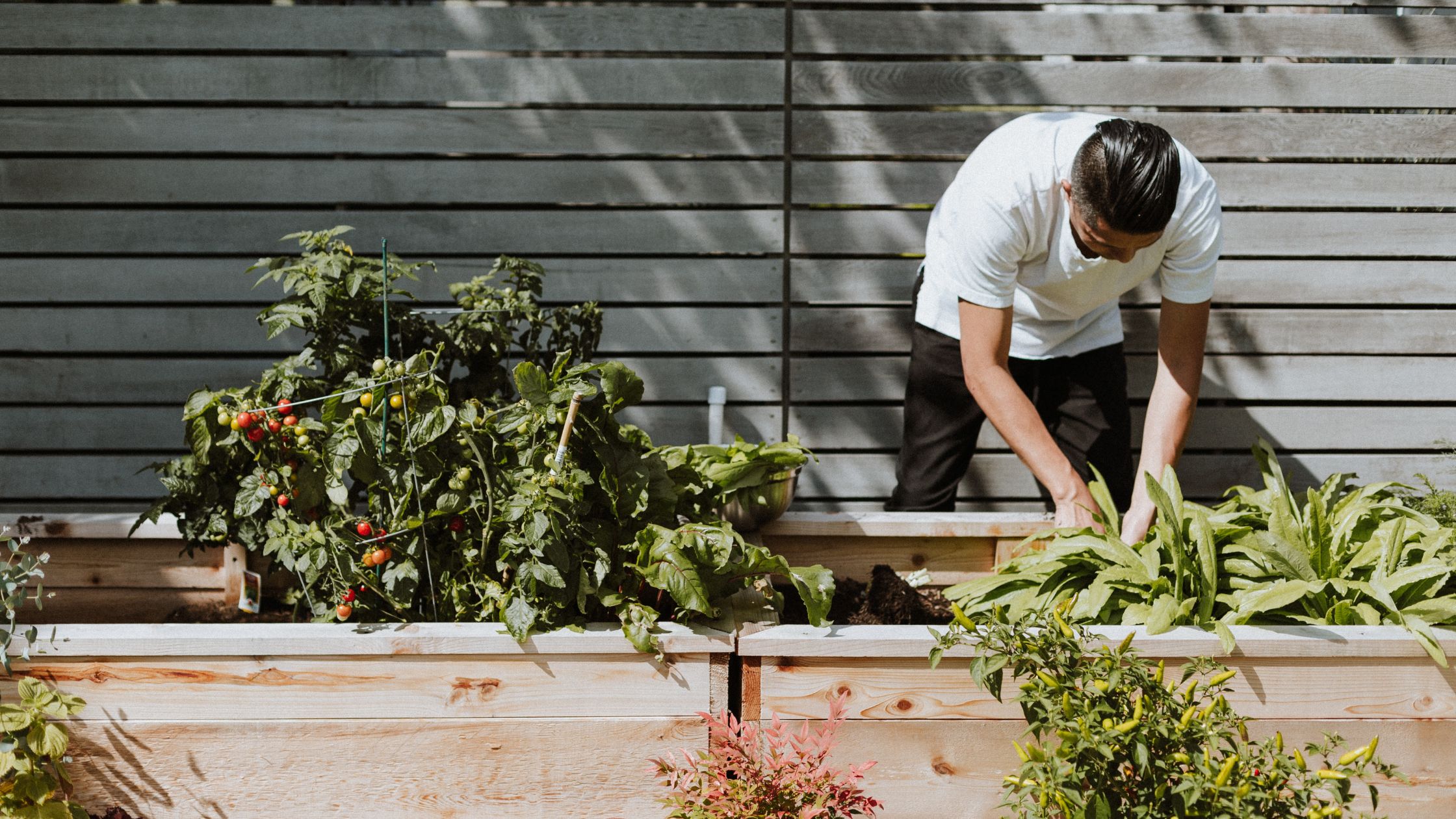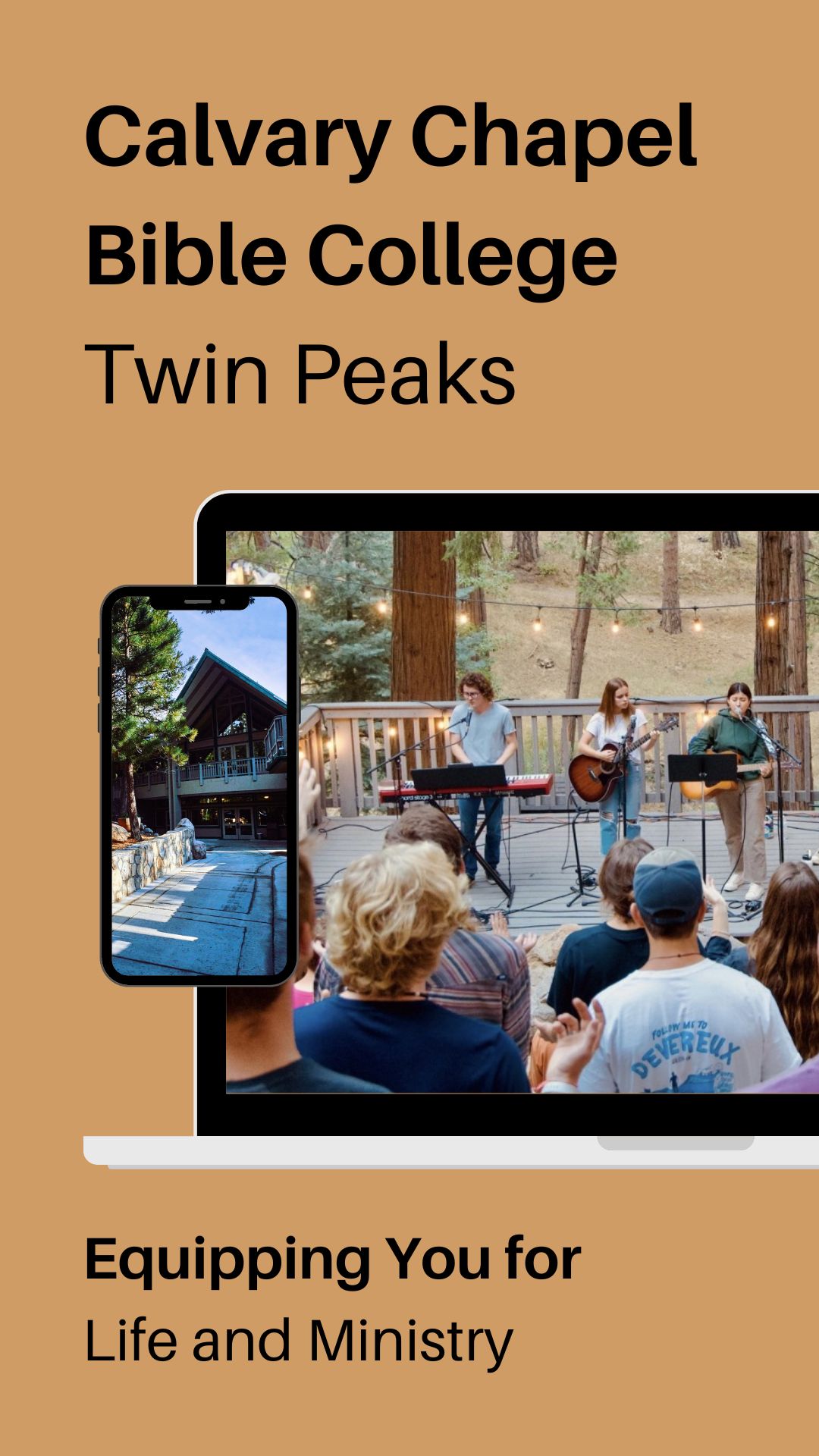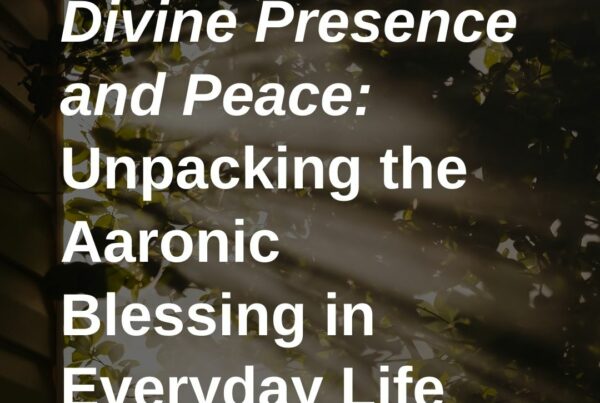
This past spring, several friends and I started a community garden. Some of us had experience gardening, and some of us did not. I was in the latter group, but enthusiasm had me counting down the days until the soil would be warm enough to begin planting.
Finally, by the end of April, the conditions were right, and one of the first things we stuck in the prepared ground were potatoes. We were committed to avoiding harmful chemicals in our garden but were also aware that potatoes have an infamous arch nemesis: Leptinotarsa decemlineata, aka the potato beetle. If left alone, these insects can completely defoliate an entire plant, destroying it and significantly decreasing crop yields. They multiply quickly and are ruthless eaters. One way to prevent them is to spray pesticides, but since we had decided to go organic, we were left to find another alternative.
Find Them and Squish Them
We decided to pick them off one by one as they appeared. This is just as tedious as it is gross. The picking-off part is fine. Gloves and a jar keep tiny crawling legs from coming into contact with skin, but after being collected, the bugs must be destroyed. Fingers or rocks, it doesn’t matter the tool of choice; the pop sound of their shell being crushed is the same. So is the sight of little beetle guts oozing out everywhere. Not one of us looked forward to that part of the task, but knowing the damage they would do if not destroyed gave us enough motivation to stick with it until it was finished. Potato beetles lay their eggs on the underside of leaves, so finding those required us to slow way down and inspect each leaf. One cluster of eggs missed would result in a horde of adult beetles.
As a novice gardener, my first priority was to learn what these beetles looked like because I didn’t want, in my ignorance, to kill a beneficial garden bug. I needed to recognize this pest in all its stages of life: eggs, larva, pupa, and adult. Then, armed with my new knowledge, gloves, and a glass jar, I’d be ready to take up my vigil. The plants needed to be checked every time we went out to the garden, and sometimes I didn’t feel like doing it. It seemed to take forever to do, and it was boring. I would rather have done other things in the garden, even weed. At least when weeding, you have visible evidence of your work. A nicely weeded garden row is very satisfying and pretty to look at.
De-beetling the potatoes, however, is invisible work. Standing back, you wouldn’t notice the bugs, unless there were an infestation of them, and that means that the ‘before’ and ‘after’ picture of beetles vs. no beetles look just about the same. No Instagram picture opportunity there. What is noticeable are the effects of not taking the time to destroy the pest. Avoiding or ignoring this mundane task leads to death. Death of the plant above ground and death of the potato it feeds underground. Talk about noticeable.
So, pull off the bugs we did. Even though we were diligent, it would have been an unrealistic goal to try to keep every beetle from ever stepping foot into our garden. These insects will come and inevitably will eat some of the leaves they find, but a complete takeover can be prevented. If kept under control, the leaves they eat will not adversely affect an otherwise healthy potato plant. The plant can produce new leaves to replace the nibbled ones, and the potatoes will turn out just fine.
Notice that I said an otherwise healthy plant. What would happen if we had decided to spend all our time going after the beetles? The weeds would choke the plant out because we didn’t take time to clear the dirt around the roots. The sun would burn the leaves because we didn’t take time to water. And, the soil would fail to nourish the plant because we didn’t take time to replenish it. The reason would be different, but the result would be the same: no potatoes.
It was not enough just to kill the pest. We also had to set aside time and energy to nurture the plant. We had to become experts in cultivation as well as extermination. The ultimate goal is to do both in tandem, maximizing growth and minimizing harm.
Potato Bugs in My Heart
This goal of feeding the good and starving the bad is the same in my life as it is in my garden, just more subtle. Unlike the beetles and potato plants, the battle between life and death wages under the surface. My potato beetles are the invisible thoughts and lustful passions found in my heart. The Apostle Paul calls them the earthly things, and while he didn’t write an exhaustive list of what they are, he did give us quite a few examples, including covetousness, impurity, anger, wrath, and malice: universal pests that we all fight or have fought against. Paul warns us to put them to death, and for good reason. If left to their own, they’ll destroy us as they tear through our lives with their insatiable ardour in order to rule over us.
The first step in the battle against these foes is the same as it is with the beetles. We must be able to recognize them in all of their nasty forms. Thankfully, we have help. The Holy Spirit and the Holy Scripture are our main guides, but the church is also indispensable in helping us to recognize, pluck out, and remove these menaces.
It does no good to recognize and find them, just to put them in our jars for analyzing and self-sabotaging guilt-tripping. Paul’s call is to get rid of them by killing them, not to save them and be condemned by them. It is interesting to note that not once does Paul tell us to be ashamed of those worldly things that pester our lives, but he is straightforward in his exhortation: put them to death, put them off, crucify them. This is the language of extermination, and Paul employs it because he knows that these things have no place in our new identity in Christ. They are sin and they lead to one place: death.
Help!
How do you kill invisible heart issues? Do you punish yourself by always putting yourself down in your thoughts and your words? Should you deny yourself all pleasure? Maybe physically beating the sin out of you is the way? While creative, all these methods have been tried, and they failed. The truth is we can’t do it on our own. We need someone to save us and that’s just what Jesus did.
He came to save us from being overrun. In fact, we were already overrun. We were dead. We had no hope. The infestation was already in full force. No amount of picking and removing could clear our hearts of the sin with which it was inundated. We needed someone to come despite the mess and free us. And Jesus did. On the cross, He saved us from the power and dominion of sin and resurrected us. He didn’t just give us a new garden-heart completely separate from the old one. Nope. He resurrected the dead one right where it was, drowning in beetles, igniting life where there was none. His death and resurrection squashed the power of sin, making way for the power of life to be released. He exterminated one in order to cultivate the other.
Extermination of sin isn’t an end in and of itself. It clears the way for what is to follow, but we can easily become so obsessed with finding each and every beetle that we neglect the other elements essential to overall spiritual health. This, too, is the lesson of the potato bug. Killing them, although important, doesn’t guarantee that you will harvest potatoes, and as shocking as it might seem, putting to death the works of the flesh does not automatically ensure that we will live an empowered, fruitful Christian life.
When we decide to follow Jesus, we are freed from the overwhelming force of sin in our lives and are filled with the Holy Spirit. The Spirit in us produces fruit: love, joy, peace, patience, kindness, goodness, faithfulness, gentleness and self-control. The potential is there from the moment we believe, just like the potential for the potato plant to flourish is there from the moment the tuber is planted in good soil, but in both cases, health has to be maintained for fruit to mature.
Cultivating Love
So, how do we unleash the potential and reap the biggest harvest possible? This is an important question when gardening and even more important when cultivating our spirits. The answer that Scripture gives is so simple that it is frustrating. Love God. What? That’s it? Yes, loving God looks very similar to loving my garden and potato plants.
An onlooker can see that I love my garden because I set aside time and energy to be in it. It is obvious that I enjoy working in it. It is not a duty most of the time, but I did make a commitment to it, so discipline and consistency are a must. More often than now, I am sad to leave it and want to stay just a little bit longer. Love for my garden evidences itself in my fascination with it. I walk through it, carefully examining vegetables and plants, wanting to learn more about them. What do the leaves look like? How and where does the fruit form? How does the plant grow? Tall and skinny, bushy and wide?
I want to know my garden better and better. I read about gardening when I’m not in it. I talk to experienced gardeners to get their advice and suggestions. I inspect other’s gardens to learn tricks and get inspiration. I work in my garden alone and with others, recognizing that both have advantages. I also protect my garden. I put a fence around it to protect it, mostly from my dog Sven, but also from other animals. I water it to protect it from drought and pick off those pesky potato bugs to protect it from harm.
Loving God looks like setting aside time and energy to be with Him: to experience and enjoy Him. This can be in prayer, meditating on scripture, walking in His creation, spending time with His people, singing praise to Him through songs, etc.
Allow yourself to be fascinated by Him. Dig deep into the Scriptures and other books holding to the same truth. Learning more about who He is, what He is like, and what He is not like is a good way to nurture your love for Him.
Talk with other experienced lovers of God. Learn from their example. Observing how they love God will enrich your love for Him.
Pray. It is the water that brings vitality to our inner lives and love for God.
Last but not least, protect your love for Him. Make boundaries to keep the enemy out and get rid of those beetles.
Scriptures for Meditation:
Ephesians 4:22-24: “to put off your old self, which belongs to your former manner of life and is corrupt through deceitful desires, and to be renewed in the spirit of your minds, and to put on the new self, created after the likeness of God in true righteousness and holiness.”
Colossians 3:5-10: “Put to death therefore what is earthly in you: sexual immorality, impurity, passion, evil desire, and covetousness, which is idolatry. On account of these the wrath of God is coming. In these you too once walked, when you were living in them. But now you must put them all away: anger, wrath, malice, slander, and obscene talk from your mouth. Do not lie to one another, seeing that you have put off the old self with its practices and have put on the new self, which is being renewed in knowledge after the image of its creator.”
Hebrews 12:1: “Therefore, since we are surrounded by so great a cloud of witnesses, let us also lay aside every weight, and sin which clings so closely, and let us run with endurance the race that is set before us,”













